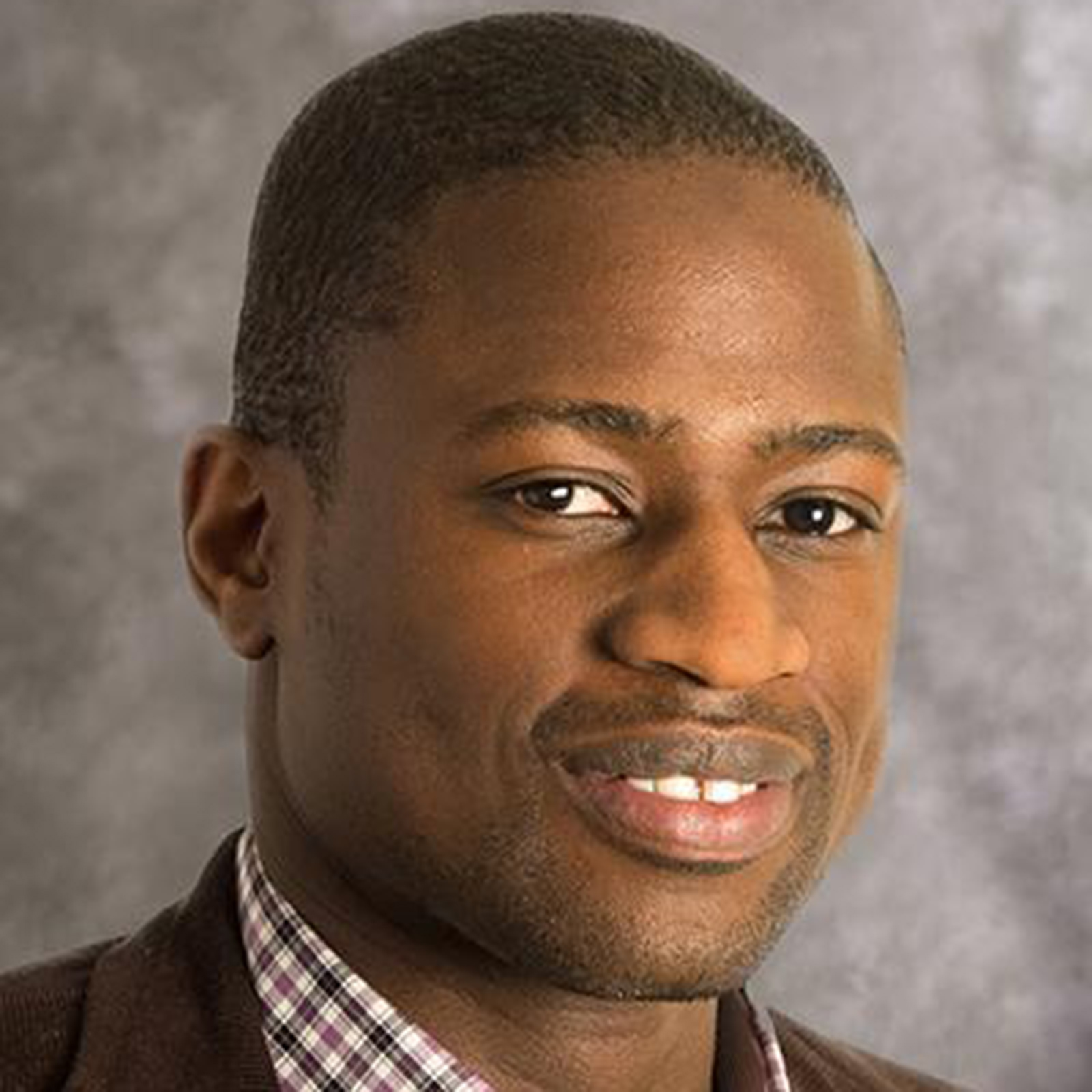
“Asking ‘why’ matters to predict the future”
Giulia Galli
Liew Family Professor in Molecular Engineering and Professor of Chemistry
University of Chicago & Senior Scientist at Argonne National Laboratory
First principles simulations of materials provide both computational microscopes and predictive tools, which we aspire to turn into design strategies for materials with target properties. One requisite to meet this goal is the enablement of predictions of material properties on a large scale, so as to generate a vast amount of validated computational data that may eventually be used to solve inverse problems. However, it is challenging to use big data to address the “why question.” First principles calculations of specific materials and properties can instead be extremely effective at answering the “why question,” namely at unraveling mechanisms and providing fundamental, physical insights, thus paving the way to innovative design strategies. In this talk, we present insights and first principles predictions of material properties relevant to energy conversion processes and quantum information technologies. We also discuss some open challenges related to automated integration of theory and computation with experiments, and with validated, interpreted data.

“First principles guided catalyst design”
Michael Janik
Professor of Chemical Engineering
Penn State

“Materials simulation and optimization from first principles”
Ismaila Dabo
Assistant Professor of Materials Science and Engineering
Penn State

“Nanothreads: A new form of 1D sp3 carbon”
Vincent Crespi
Distinguished Professor of Physics, Chemistry, Materials Science & Engineering
Penn State


